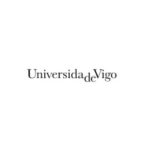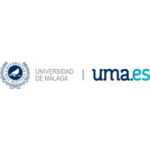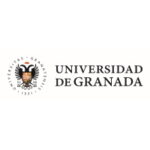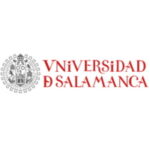20 e 21 May 2021
Universidade Portucalense
Organization: Instituto Jurídico Portucalense, IJP IPLeiria, Universidade de Vigo, Universidade de Málaga, Universidade de Salamanca, Universidade de Granada e Universidade Federal do Rio de Janeiro
Research Project: The Future of European and Transnational Civil Procedure
Contacts: ci-dpc@upt.pt









